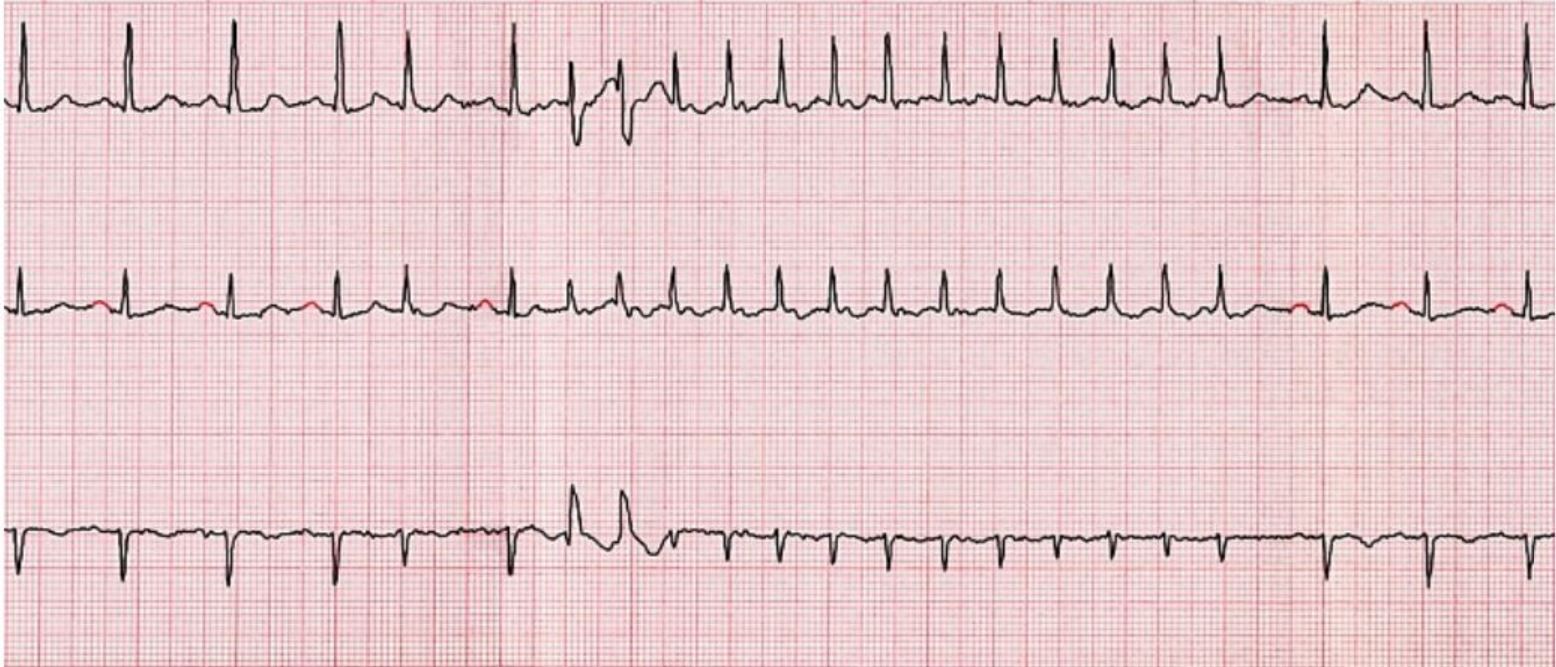- Clinical Technology
- Adult Immunization
- Hepatology
- Pediatric Immunization
- Screening
- Psychiatry
- Allergy
- Women's Health
- Cardiology
- Pediatrics
- Dermatology
- Endocrinology
- Pain Management
- Gastroenterology
- Infectious Disease
- Obesity Medicine
- Rheumatology
- Nephrology
- Neurology
- Pulmonology
Novel Study Shows Decline in Atrial Fibrillation Deaths, but More Work Needed
Deaths associated with atrial fibrillation have decreased, but it still takes an average of 2 years off a patient's life, according to a first-of-its-kind study.
©Katsiuba Volha/Shutterstock.com

A first-of-its-kind study led by researchers from the Boston University School of Public Health (BUSPH) showed a decrease in mortality associated with newly diagnosed atrial fibrillation (AF), but the increasingly common condition still takes about 2 years off a patient’s life.
“The prognosis of individuals with atrial fibrillation has improved over time, but atrial fibrillation is still associated with a major gap in life expectancy as compared to individuals without atrial fibrillation,” said senior author Ludovic Trinquart, PhD, associate professor of biostatistics at BUSPH, Massachusetts, in a university press release.
According to the authors, the study is the first to compare mortality rates between individuals with and without AF and to account for time varying confounding affected by previous exposure. The study also examined temporal trends for the strength of association between AF and death, data on which are limited, the authors note.
Their hypothesis was that the association between AF and death would decline over time.
Published August 11, 2020 in the journal BMJ, the studyanalyzed data from 3 generations of Framingham Heart Study participants between 3 time periods from 1972-2015. In each time period, researchers selected participants with no AF diagnosis and aged 45-95 years.
Researchers tracked the likelihood of a participant dying 10 years after an AF diagnosis compared with someone of the same age, sex, and with otherwise similar health over nearly 45 years of follow-up.
Approximately 10 800 participants without AF were included with 5671 of participants selected in time period 1 (1972-1985), 6177 in period 2 (1986-2000), and 6174 in period 3 (2001-2015).
In the first time period, participants with AF lived an average of 2.9 fewer years ≥10 years after diagnosis (95% confidence interval [CI]: -3.2 to -2.5) vs those without AF. In the second time period, the gap narrowed to 2.1 years (95% CI: -2.4 to -1.8) and 2 years in the third time period (95% CI: -2.3 to -1.7).
“Improvement in the excess mortality associated with atrial fibrillation may be explained by continued improvements in early detection, management, and treatment,” said Trinquart in the press release. “But the findings of this new study highlight that atrial fibrillation remains a very serious condition. Advances in prevention will be essential to stem the epidemic of atrial fibrillation and reduce its associated mortality.”
